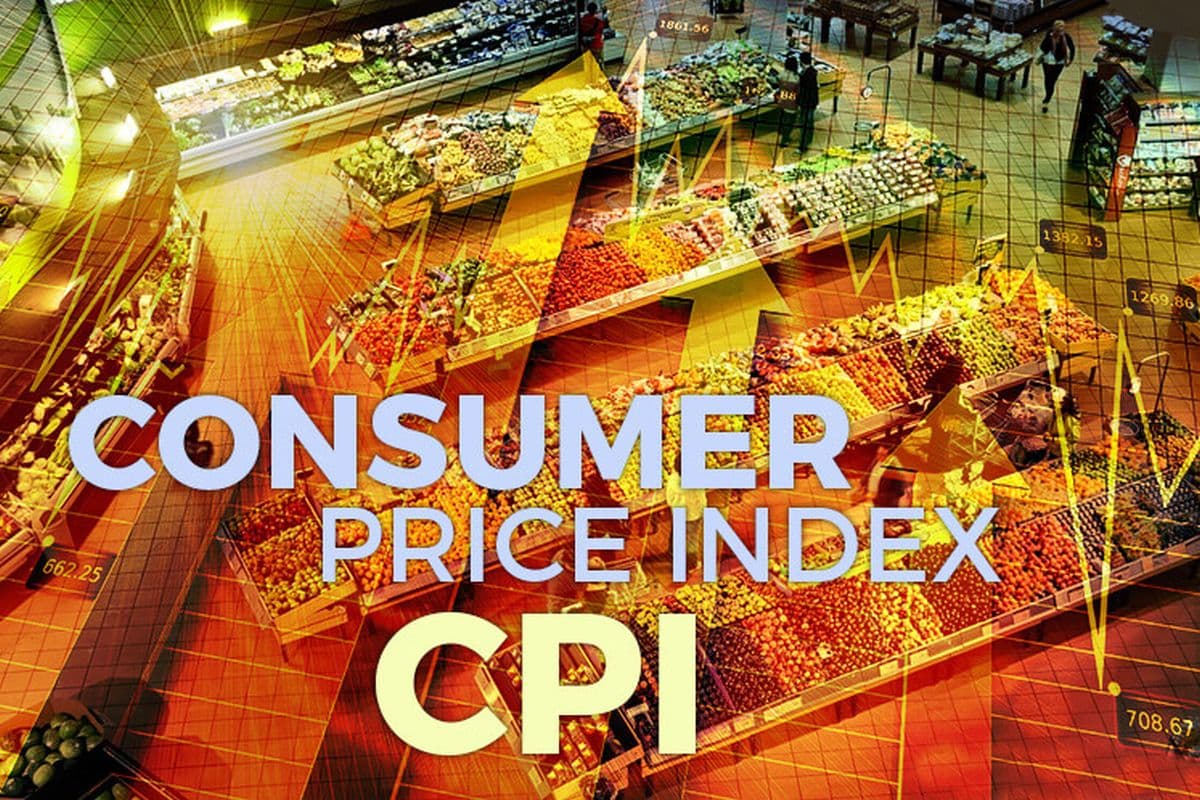
KUALA LUMPUR (Aug 25): The country’s consumer price index (CPI) was up 2.2% year-on-year in July — the slowest pace in five months — compared with 3.4% in June.
The inflationary pressure was mainly fuelled by a double-digit increase of 11.6% in RON95 petrol price to RM2.05 against RM1.69 a year ago.
For the period of January to July, the CPI increased by 2.3% year-on-year.
Socio-Economic Research Centre (SERC)’s executive director Lee Heng Guie said the headline inflation has eased to 2.2% in July from 3.4% in June, mainly due to the normalization of low base effect.
“There is still a real threat coming from the cost-induced pressures due to high cost of raw materials (both domestic and imported); energy and commodities prices,” Lee told the Edge, adding that cautious consumer spending has capped price pressures to some extent.
Lee maintains his annual inflation forecast at 2.5%.
On a sequential basis, the headline inflation, however, edged lower at 0.6% month-on-month, according to the Department of Statistics Malaysia (DOSM).
The monthly drop is the sharpest since the first wave of the pandemic in March to April last year, ANZ Research economists Bansi Madhavani and Sanjay Mathur wrote in their latest review.
The duo commented that the deceleration in headline and core inflation is attributable to subdued demand and economic activities that in turn has been induced by the latest wave of the Covid-19 pandemic.
The duo also noted, core inflation retreated 0.1% month-on-month, reflecting soft domestic demand. On an annual basis, it was unchanged from June at 0.7% year on year.
They expect inflationary pressure to remain low until existing movement restrictions are lifted durably. “This (removal of Movement Control Order) in turn hinges on an expansion of the vaccination programme which, encouragingly, is gathering momentum,” they said.
Generally, economists have kept their annual inflation forecasts between 2% and 2.5%.
UOB Global Economics and Markets Research’s economists Julia Goh and Loke Siew Ting said in a note that Malaysia’s July inflation moderated more than their estimate and Bloomberg consensus of 2.9%.
According to them, the extension of government relief measures particularly electricity bill discounts and the impact of a prolonged pandemic-led lockdown on demand for non-essential goods and services amid steady food prices were the main reasons behind the slowdown in headline inflation last month.
“We keep our view that inflation will continue to stabilise towards year-end as transitory price effects start to abate,” they said.
In addition, they opined that the lingering pandemic uncertainty would cast a shadow on the outlook for demand and wages.
“Continued government relief measures such as electricity bill discounts and passenger vehicle sales tax exemptions will also help keep inflation in check,” they said.
They retained their 2021 full-year inflation forecast at 2.5%, versus Bank Negara Malaysia (BNM)’s forecast of between 2% to 3%.
They also noted that real interest rates have remained in the negative territory despite the moderation in inflation.
“The government has begun to ease restrictions for business operations and social activities based on the progress of the national and States’ vaccination rates from time to time. This augurs well for the country’s economic recovery into the fourth quarter of 2021,” they said.
Furthermore, they said, BNM stressed that its latest gross domestic product and inflation outlook downgrades were already factored into the Monetary Policy Committee’s (MPC) decision to hold the policy rate unchanged in July.
“Hence, we reiterate our call for a steady policy rate at 1.75% in the upcoming MPC meeting on Sept 9,” they said.
MIDF Research also said the deceleration in the pace of price increases in July was faster than expected mainly due to the lower inflation in transport CPI and prices of housing and utility charges.
The research house maintained its forecast for CPI inflation to average 2.3% this year, charting a rebound from the low base last year.
“After accelerating to 4.2% year-on-year in the second quarter from 0.5% in the first quarter, we foresee inflation rate to be more moderate in the latter part of the year,” said MIDF, adding that the major source of inflation this year will come from cost-push inflation due to rising production costs and constraints in the supply chain.
Meanwhile, RHB Investment Bank senior economist Nazmi Idrus said he expects CPI inflation to be around 2% year-on-year by end-2021 versus 2.2% in July.
He also noted the momentum of headline CPI inflation fell dramatically in July and was mainly driven by electricity bill discounts as part of the PEMULIH fiscal stimulus package.
However, with these fiscal measures due to last until September, CPI inflation will soften and will also be aided by the dissipating base effect, he said.
